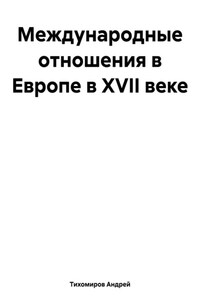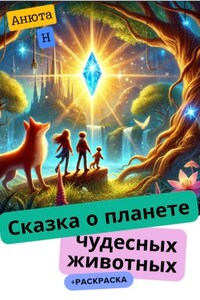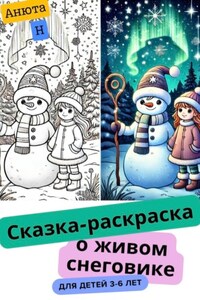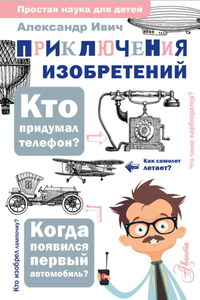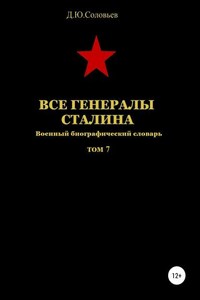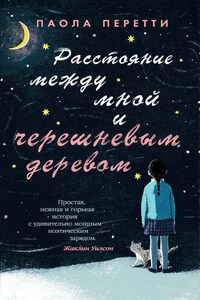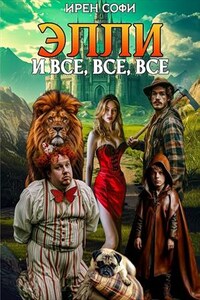English – belongs to the group of West Germanic languages (Indo-Europeans). It is the result of the development of the language of the Angles, Saxons and Jutes – Germanic tribes who migrated to Britain in the 5th century. The population of Britain at that time was made up of Celtic tribes – Britons and Gaels. As a result of a fierce struggle, the Germanic tribes pushed the Celts to the west (the area of Wales and Cornwall) and to the north – to Scotland. To this day, the descendants of the ancient Celts live on the territory of the British Isles. Welsh people living in Wales are of Celtic origin. People in most parts of Wales speak Welsh, a Celtic language. In the highlands of Scotland, as well as in the western parts of Ireland, people also speak a language of Celtic origin. Some Celtic words can still be found in modern English, and most of them are geographical names. Many rivers, hills and towns are still called by their old Celtic names. Thus, in England there are several rivers called the Avon, which means river in Celtic. Some rivers have the name Derwent, which means "pure water" in Celtic. The chalk highlands in the southern and southeastern parts of England are called "Downs". This name comes from the Celtic word "down", which means "bare, open highlands". The few borrowings from the Celtic language in Old English relate mainly to geographical names that have survived to this day (e.g. Avon from the Celtic amhuin – "river", Kilbrook from the Celtic coill – "forest"). The Anglo–Saxons, like other Germanic tribes, first used a special alphabet, the so-called runes, which are formed by ancient Indo-Europeans on the territory of the Southern Urals, then in the form of brahmi – one of the ancient varieties of syllabic writing, currently most types of writing in India and Indochina go back to Brahmi.
In the 1st century AD, the Romans conquered Britain. Britain was a province of the Roman Empire for about four centuries. Two thousand years ago, when the Celts still lived as tribes, the Romans were the most powerful people in the world. Roman society was very different from Celtic society. It was a slave-owning society divided into antagonistic classes. The main classes were slaves and slaveholders. Slaveholders were a minority of the population, but they owned land, tools, buildings, and slaves. Slaves owned neither land nor tools and were themselves the property of slave owners. Slaves could be bought and sold, exchanged or given away, just like any other thing. They could be chained, whipped, and put to death.
Slavery was the first and most inhumane form of exploitation. Slaveholders appropriated almost everything and traded with the warriors, and the Romans went hunting in the area north of the wall.
Roman influence grew in Britain. As a result of the conquest, signs of Roman civilization spread throughout Britain. Before the Roman conquest of Britain, there were no cities in Britain. The civilized Romans were urban dwellers, and as soon as they conquered Britain, they began to build cities, magnificent villas, public baths, like in Rome itself. York, Gloucester, Lincoln, and London became the main Roman cities; there were also about fifty other smaller cities. London, which had been a small trading settlement before the conquest, now became a center of trade both by road and by river. Colchester, Gloucester, York and Lincoln sprang up around Roman military camps, the city of Bath became famous for its hot springs.
Cities have grown as markets and administrative centers. In most cities there were markets and many shops where merchants sold their goods. The houses were built of stone, plastered and painted, with roofs of large red tiles. Rich merchants and officials had luxurious houses with many rooms, with mosaic floors and central heating. Every Roman city had a drainage system and a good supply of clean water. Temples and public baths could be found in most cities. Roman cities were military bases surrounded by defensive walls, which were guarded by Roman soldiers.
The Romans were great road builders, and now a network of roads connected all parts of the country. One of the main roads was Watling Street, which led from Dover to London, then to Chester and to Wales. New towns and villages sprang up along the roads.
Huge tracts of forest were cleared, swamps drained, and cornfields appeared in their place. The province of Britain became one of the granaries of the Roman Empire.
There was constant trade with other parts of the empire. The main exports were corn, lead, tin and construction tiles. Goods were shipped in wagons along the roads of Britain, Gaul and Italy to Rome. Britain imported luxury goods, especially fine ceramics and metal products.
But along with the high civilization, the Romans brought exploitation and slavery to the British Isles. The rich Romans had villas outside the city with large estates, where gangs of slaves worked. Prisoners of war were sent to the slave market in the Roman Empire. The free Celts were not turned into slaves, but they had to pay high taxes to the conquerors and were forced to work for them. The Romans forced them to clear forests, drain swamps, build roads, bridges and walls for defense. This is how the famous Hadrian's Wall was built.
Inequality began to grow among the Celts themselves – tribal leaders and nobles became richer than other members of the tribe. Many of them became officials acting on behalf of Rome. The submissive tribal leaders were appointed to rule their people as before, but now they were acting on behalf of the Roman emperor. The noble Celts adopted the lifestyle of their conquerors. They lived in rich houses and dressed like Romans. They were proud to wear a toga, which was a sign of belonging to Roman citizens. They spoke Latin. But ordinary Celts continued to live in their tiny huts, they spoke their native Celtic language and did not understand the language of their rulers.

